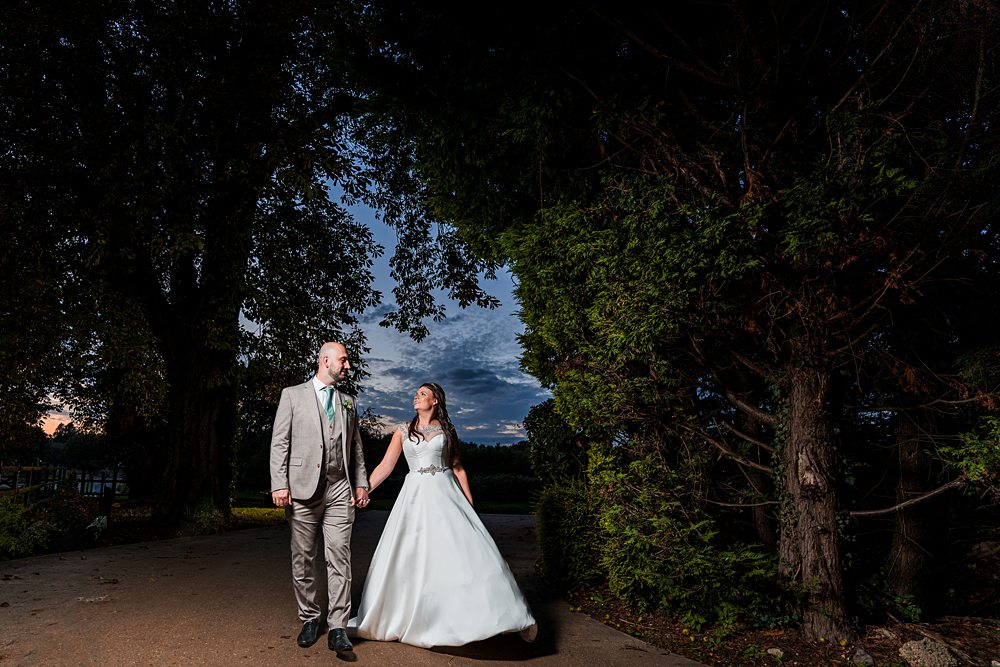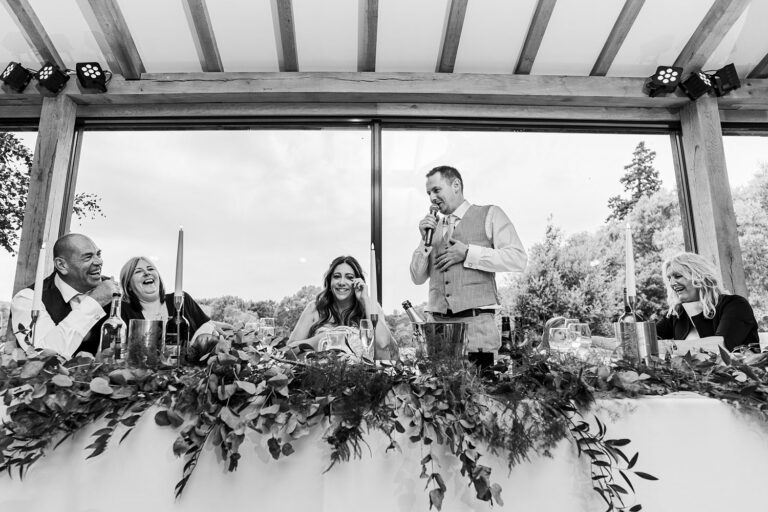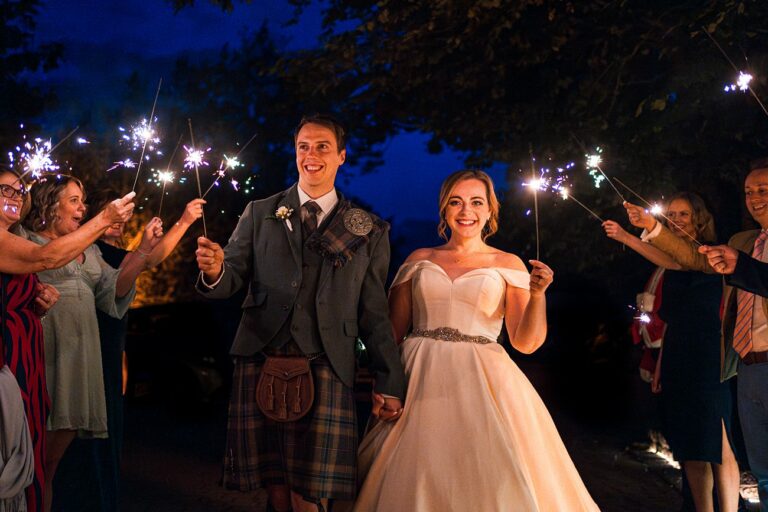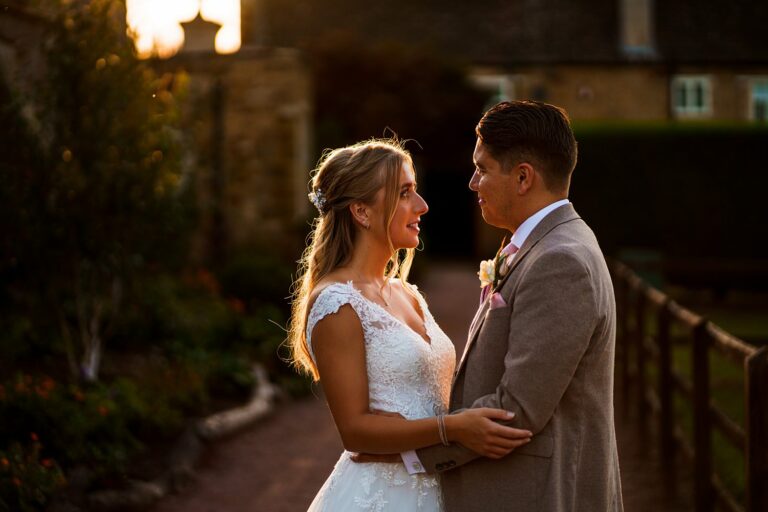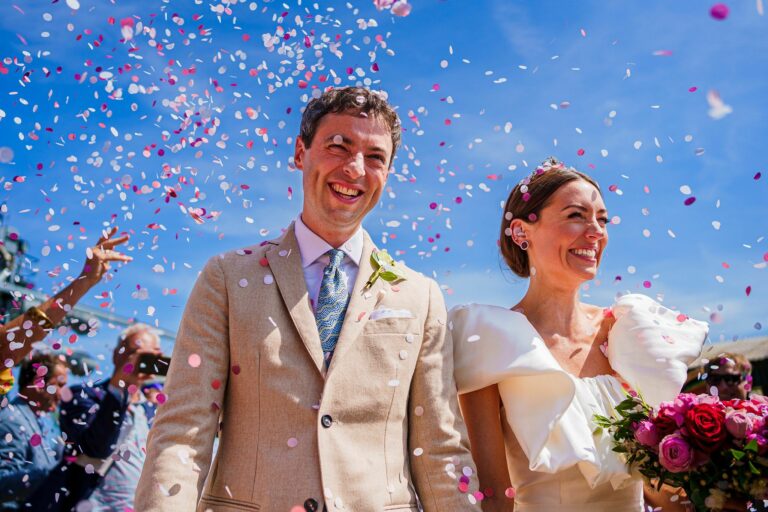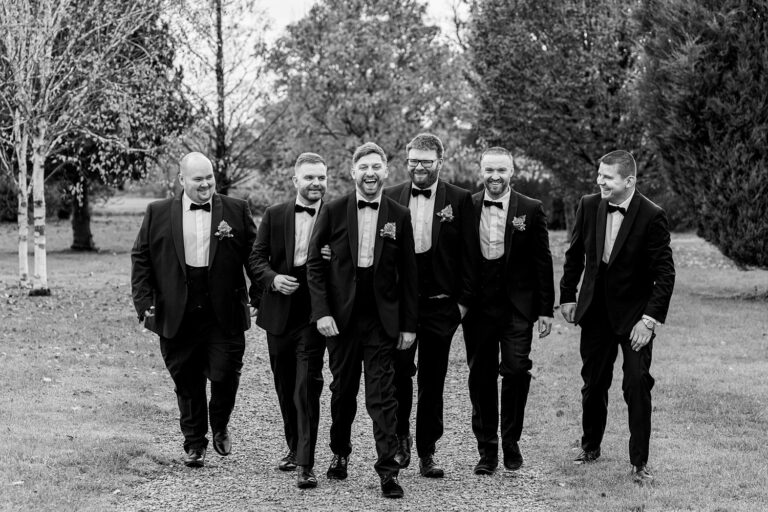Essential Tips on How To Choose A Wedding Venue
A Guide to Choosing a Wedding Venue of Your Dreams
Greetings, future brides and grooms! Planning a wedding is a thrilling and joyous journey, and one of the most important decisions you’ll make is choosing the perfect wedding venue. Your venue sets the stage for your special day and creates the ambiance that you and your guests will cherish forever. But with so many options out there, how do you ensure that you find the venue that aligns with your vision and budget? Fear not, for I’m here to guide you through this exciting process. In this article, I will provide you with essential tips on how to choose a wedding venue that will make your dreams come true.
Key Takeaways:
- Consider your wedding vision and style before choosing a venue to ensure it aligns with your desired theme and ambiance.
- Set a budget for your venue and consider any additional costs beyond the rental fee.
- Assess your guest list and choose a venue with the appropriate capacity, considering ceremony and reception space.
- Explore different venue options, such as hotels, outdoor spaces, and unique locations, to find the perfect fit.
- Ask the right questions to gather essential information from venue coordinators or wedding planners.
Determining Your Wedding Vision and Style
Before choosing a wedding venue, it’s important to determine your wedding vision and style. To create your dream wedding, you need to understand the elements that will bring your vision to life. This includes considering the theme, style, and overall desired ambiance of your special day. By honing in on these aspects, you can narrow down your venue options and find the perfect match for your wedding.
Defining Your Wedding Vision
Your wedding vision is the overarching concept that guides all the decisions you make during the planning process. It encompasses the atmosphere, mood, and emotions you want to create for your big day. To define your wedding vision:
- Reflect on your personal style: Consider your personal preferences, interests, and tastes. Think about the places and experiences that make you happy and incorporate those elements into your vision.
- Draw inspiration: Explore wedding magazines, blogs, and social media platforms to gather inspiration and ideas. Create a vision board or save images that resonate with you, whether it’s a particular color palette, theme, or decorative style.
- Consider your love story: Incorporate elements that speak to your unique love story and relationship. Whether it’s through personal touches, sentimental details, or specific cultural or religious traditions, infuse your wedding vision with aspects that are meaningful to you as a couple.
Choosing Your Wedding Style
Your wedding style is the aesthetic expression of your vision. It encompasses the overall look and feel of the event, including the decor, attire, and overall atmosphere. When determining your wedding style:
- Consider your personalities: Think about your personal style and how you want to present yourselves on your wedding day. Do you prefer a modern, minimalist aesthetic or a romantic, vintage-inspired vibe?
- Look for inspiration: Browse through different wedding styles, such as rustic, bohemian, glamorous, or traditional, to find the one that resonates with you. Take note of specific elements, such as colors, textures, and patterns, that you find appealing.
- Think about the season: Consider the time of year you’ll be getting married and how that can influence your wedding style. Spring weddings may lean towards soft pastel tones and blooming florals, while winter weddings may embrace rich, warm hues and cozy textures.
Quote: “Your wedding vision and style are the foundation of your entire wedding planning process. They set the tone for every decision you make, from choosing the venue to selecting the decorations. Take the time to fully understand and define your vision and style, as it will guide you towards your perfect wedding.” – Wedding Planner Expert
Matching Your Wedding Vision and Style with a Venue
When you have a clear understanding of your wedding vision and style, it becomes easier to find a venue that aligns with your desired ambiance. Consider the following factors when evaluating potential venues:
| Criteria | How it aligns with your vision and style |
|---|---|
| Architecture and ambiance | Does the venue’s aesthetic match your desired style? Is the atmosphere romantic, modern, or rustic? |
| Indoor or outdoor space | Does the venue offer the type of space you need to bring your vision to life? Consider whether you want an indoor ceremony and reception or an outdoor celebration. |
| Catering options | Does the venue provide catering services that suit your desired menu and culinary style? |
| Decor flexibility | Will the venue allow you to bring in your own decorations or work with preferred vendors to achieve your desired aesthetic? |
| Capacity | Can the venue accommodate your guest list and desired layout? Consider both ceremony and reception spaces. |
By carefully considering your wedding vision and style, you can find a venue that not only meets your practical requirements but also enhances the overall experience for you and your guests. The next step is to set a budget for your venue, which we’ll explore in the next section.
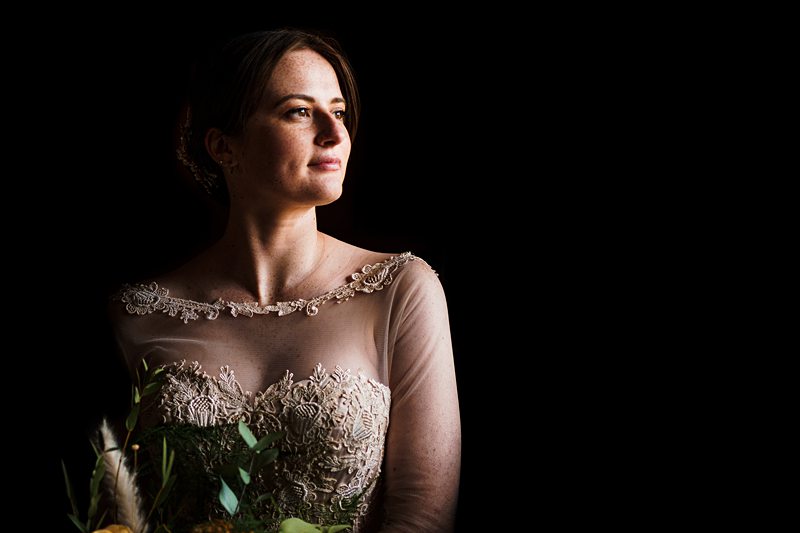
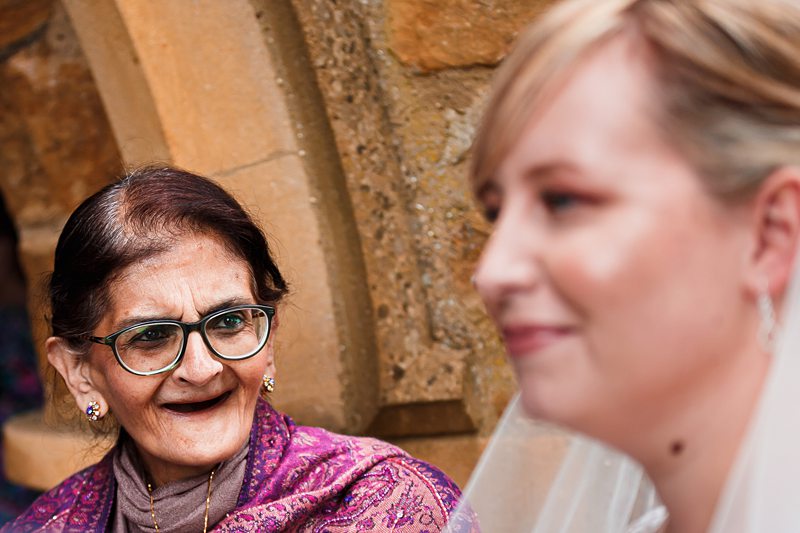
Setting a Budget for Your Venue
When it comes to choosing a wedding venue, setting a budget is absolutely crucial. Determining your wedding budget allows you to allocate funds to different aspects of your special day, including the venue cost. By establishing a budget from the start, you can ensure that you select a budget-friendly venue that aligns with your financial limitations.
Calculating Your Wedding Budget
In order to set a budget for your venue, you first need to calculate your overall wedding budget. Consider all the expenses that you’ll incur, such as catering, decor, and entertainment. Allocate a percentage of your total budget for the venue, keeping in mind that it can vary depending on your priorities.
It’s important to be realistic about your finances and determine a budget that you and your partner are comfortable with. Remember, your wedding day should be a joyful celebration, not a source of financial stress.
Looking for Budget-Friendly Venues
Once you have your wedding budget in mind, it’s time to start looking for budget-friendly venues that fit within your financial constraints. Don’t be discouraged, as budget venues don’t have to compromise on quality or style. There are plenty of beautiful venues available at affordable prices.
Consider unconventional venue options, such as community halls, parks, or even a friend or family member’s backyard. These venues often have lower rental fees compared to traditional event spaces. By thinking outside the box, you can find a unique and cost-effective venue that suits your vision.
Additional Venue Costs
It’s important to remember that the venue rental fee is not the only cost associated with your chosen venue. Take into account additional costs such as catering, decorations, and any required permits or licenses. These expenses can significantly impact your overall budget, so it’s essential to include them in your financial planning.
To keep track of your expenses, create a detailed spreadsheet outlining all the costs associated with your venue. This will help you stay organized and ensure that you don’t exceed your allocated budget.
| Expense | Estimated Cost |
|---|---|
| Venue Rental Fee | £XXXX |
| Catering | £XXXX |
| Decorations | £XXXX |
| Permits/Licenses | £XXXX |
| Total | £XXXX |
By considering all the potential costs, you can make informed decisions about your venue and ensure that you stay within your wedding budget.
Considering Your Guest List and Venue Capacity
When choosing a wedding venue, it’s essential to assess your guest list and ensure that the size of the venue can comfortably accommodate the number of attendees. After all, you want all your loved ones to be able to celebrate with you on your special day.
Take the time to carefully draft your guest list, including close relatives, friends, and any additional guests you plan to invite. As you finalize the list, consider whether there will be any changes or additions closer to the wedding date. This will give you a clear idea of the number of guests you need the venue to accommodate.
Once you have a guest list in hand, it’s time to consider the venue’s capacity. The venue capacity refers to the maximum number of people the venue can comfortably hold without overcrowding. You’ll want to choose a venue that not only fits your guest list but also leaves enough space for everyone to move around comfortably, especially during important moments like the ceremony and reception.
In addition to considering the overall size of the venue, it’s important to think about any additional areas you might require. For example, if you want to have a separate cocktail area, dance floor, or space for a photo booth, make sure the venue has enough room to accommodate these elements while still allowing for a smooth flow of guests.
By considering both your guest list and the venue’s capacity, you can ensure that your wedding day is a joyous and comfortable celebration for everyone in attendance.
Exploring Different Venue Options
When planning your wedding, finding the perfect venue is crucial. With so many potential wedding venues to choose from, it’s important to explore different options that align with your vision and budget. Whether you’re dreaming of an elegant hotel ballroom, a charming outdoor space, or a unique location, there’s a venue out there that can bring your wedding vision to life.
Start by conducting thorough research to identify potential venues that match your desired style and ambiance. Use online resources, such as wedding directories and venue listing websites, to narrow down your options. Look for venues that offer comprehensive information, including photos, virtual tours, and detailed descriptions of their facilities and services.
Consider the following factors when exploring different venue options:
- Location: Find a venue that is conveniently located for you and your guests. Consider factors such as accessibility, parking facilities, and proximity to accommodation options.
- Capacity: Assess the size of each venue and ensure it can comfortably accommodate your guest list. Keep in mind that you will need space for both the ceremony and reception.
- Amenities and Services: Look for venues that offer a range of amenities and services that align with your needs. This can include in-house catering, event coordination, audiovisual equipment, or special features like outdoor gardens or a dance floor.
- Cost: Take your budget into consideration when exploring different venues. Inquire about pricing, packages, and any additional fees for specific services or amenities.
- Available Dates: Check the availability of each venue to ensure it aligns with your desired wedding date. Be flexible and consider weekday or off-peak season weddings if it allows you to secure your dream venue.
- Reviews and Recommendations: Read reviews and seek recommendations from other couples who have gotten married at the venues you are considering. Their experiences can provide valuable insights into the quality of service, responsiveness, and overall satisfaction.
Once you have a shortlist of potential wedding venues, schedule site visits to get a firsthand look at each location. Pay attention to the venue’s ambiance, layout, and overall suitability for your wedding style. Ask questions about setup options, restrictions, and any additional services they offer.
“Visiting potential wedding venues is a great opportunity to envision your big day in each space and see if it aligns with your wedding vision. Ask plenty of questions and take notes to help you make an informed decision.”
Exploring different venue options may take time, but it will ultimately help you find the perfect wedding venue that ticks all the boxes. Keep your vision and budget in mind, and trust your instincts when it comes to selecting the venue that feels right for you and your partner.


Asking the Right Questions
Once you’ve shortlisted potential venues for your wedding, it’s essential to ask the right questions to gather all the necessary information. By doing so, you’ll have a clear understanding of what each venue can offer and be able to make an informed decision. Here are some important questions to ask the venue coordinator or wedding planner:
- What is the availability of the venue on my desired wedding date?
- What is the capacity of the venue in terms of guests for both the ceremony and reception?
- Is there a minimum or maximum number of guests required for booking?
- What is the rental fee, and what does it include?
- Are there any additional costs, such as catering, decorations, or service charges?
- What is the venue’s policy for outside vendors?
- Is there a designated wedding coordinator or planner provided by the venue?
- Are there any restrictions or rules regarding decorations, music, or photography?
- What are the parking options available for guests?
- Is there a backup plan in case of bad weather for outdoor venues?
Remember, asking these questions will help you assess whether the venue can accommodate your needs and align with your wedding vision. Take note of the answers and compare them when evaluating your options.
Considering Practicalities and Logistics
When choosing a wedding venue, it’s important to consider practicalities and logistics to ensure a seamless and stress-free experience. Here are some factors you should take into account:
Wedding Location
The location of your wedding venue plays a crucial role in determining its accessibility for your guests. Consider the convenience of the location in terms of transportation options, proximity to airports, and accommodation availability nearby. Choosing a location that is easily accessible for all your guests will ensure maximum attendance and convenience.
Wedding Date and Venue Availability
Your desired wedding date is a crucial factor that may influence your venue choice. It’s essential to check the availability of potential venues on your preferred date to avoid any conflicts. Keep in mind that popular venues tend to book up quickly, especially during peak wedding seasons. Flexibility with your wedding date can provide you with more options when it comes to venue availability.
Venue Accessibility
Accessibility is another practical consideration when choosing a wedding venue. Ensure that the venue has suitable facilities for guests with special mobility requirements and that it provides easy access to different areas within the venue, such as ceremony spaces, reception halls, and restrooms.
Destination Weddings
If you’re planning a destination wedding, additional logistical considerations come into play. Research the legal requirements for getting married in the chosen destination, such as marriage license regulations, residency requirements, and any necessary documentation. Consider the travel arrangements for yourself and your guests, including flights, accommodations, and local transportation options.
Transportation Options
Transportation logistics are crucial, especially if your ceremony and reception venues are at different locations. Assess the transportation options available to ensure that your guests can move seamlessly between venues. If the chosen venue is in a remote location, consider arranging shuttle services or providing clear directions to prevent any confusion.
By taking these practicalities and logistics into account, you can select a wedding venue that offers convenience, accessibility, and a smooth experience for you and your guests.
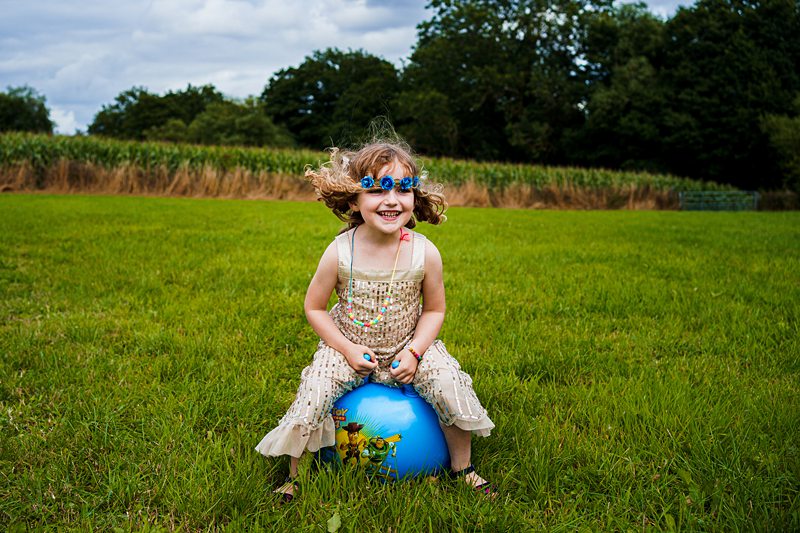
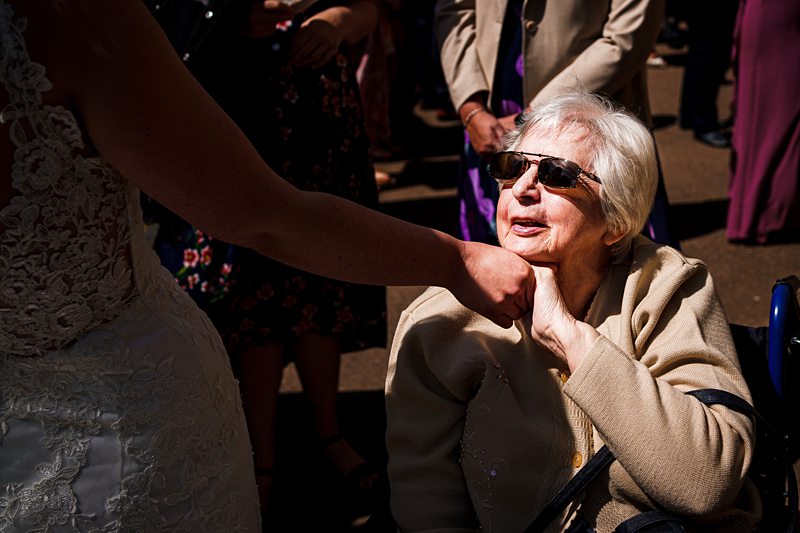
Assessing the Venue’s Amenities and Services
When choosing a wedding venue, it’s essential to consider the amenities and services they offer. These factors can greatly impact your big day and ensure that your chosen venue meets your specific needs. Let’s explore how to assess the various wedding services, venue offers, venue packages, and the availability of a venue coordinator.
1. Catering Options
Food plays a significant role in the overall wedding experience. It’s important to inquire about the venue’s catering options and menu choices. Some venues may have an in-house catering team, while others may allow you to bring in an external caterer. Consider your culinary preferences and dietary requirements to find a venue that offers the perfect dining experience for you and your guests.
2. Décor Services
Ambiance is crucial for creating the desired atmosphere on your wedding day. Check if the venue provides décor services or if you’ll need to hire an external decorator. Look for venues that offer a wide range of decorative elements, such as centerpieces, lighting options, or thematic props. This will help bring your wedding vision to life and ensure a cohesive aesthetic throughout the event.
3. Venue Packages
Many wedding venues offer packages that include additional services or amenities. These packages can be a great way to save time and money by bundling various aspects of your wedding planning process. Look for venue packages that fit your needs, such as all-inclusive options that cover everything from venue rental to catering and décor. Assess each package thoroughly to ensure it aligns with your vision and budget.
4. Venue Coordinator
A venue coordinator can be an invaluable asset in ensuring smooth wedding planning and execution. They are experts in navigating the venue’s facilities and can assist you with logistics, vendor coordination, and timeline management. Inquire about the availability of a dedicated venue coordinator and their level of involvement throughout the planning process and on the wedding day itself.
“Having a venue coordinator took away so much stress during my wedding planning. They coordinated with all the vendors and ensured that everything ran smoothly on the big day.” – Sarah Thompson
By considering the venue’s amenities and services, such as catering options, décor services, venue packages, and the availability of a venue coordinator, you can select a wedding venue that fulfills your requirements and reduces the stress of wedding planning.
| Wedding Services | Venue Offers | Venue Packages | Venue Coordinator |
|---|---|---|---|
| Catering options | Décor services | All-inclusive options | Expert guidance |
| Customizable menus | Thematic props | Bespoke packages | Logistics management |
| Dietary accommodations | Lighting options | Saved time and money | Vendor coordination |
Considering Venue Layout and Ambience
The layout and ambiance of a wedding venue play a crucial role in creating the perfect atmosphere for your special day. When choosing a venue, it’s essential to consider how the layout and ambiance align with your wedding vision to ensure a memorable experience for you and your guests.
Firstly, the venue layout can greatly impact the flow of your wedding day. Consider the different areas within the venue, such as the ceremony space, cocktail area, and reception hall. Is there enough space to accommodate all your guests comfortably? Will the layout allow for smooth transitions between different parts of the wedding? These are important questions to ask when evaluating potential venues.
Paying attention to the venue’s decor possibilities is also crucial. Take into account the existing aesthetic of the venue and whether it complements or clashes with your desired wedding theme. Some venues offer a blank canvas, allowing you to personalize the space with your chosen decorations. Others may have specific decor restrictions or provide in-house styling services. Assessing these possibilities will help you determine if the venue can be transformed into your dream wedding setting.
The ambiance of a venue sets the tone for your wedding and influences the overall experience. Think about the lighting, acoustics, and general atmosphere of each potential venue. Are you looking for a cozy, intimate ambiance or a grand and elegant setting? Consider the types of weddings that have been held at the venue previously and see if they align with your vision. Paying attention to these details will ensure that the overall atmosphere of the venue enhances your wedding theme and creates an unforgettable experience for everyone.
Ultimately, choosing the right wedding venue involves finding a space that aligns with both your desired layout and ambiance. Take your time to visit and evaluate multiple venues, considering their layout possibilities and the inherent atmosphere they offer. By carefully considering these factors, you’ll be able to find the perfect venue that fits your wedding vision and creates memories to cherish forever.
Conclusion
In conclusion, choosing the perfect wedding venue is a crucial decision that requires careful consideration. By following the essential tips provided in this article, you can ensure that your chosen venue is a perfect match for your wedding vision and style.
Thorough research is key to finding the ideal venue. Take the time to explore different options and visit potential venues to see if they align with your desired ambiance and layout.
Asking the right questions is also important to gather all the necessary information. Speak to the venue coordinator or wedding planner to clarify any doubts or concerns you may have.
Lastly, remember to consider all aspects, such as your budget, guest list, and practical logistics. Keeping these factors in mind will help you make an informed decision and create an unforgettable wedding day that exceeds your expectations.
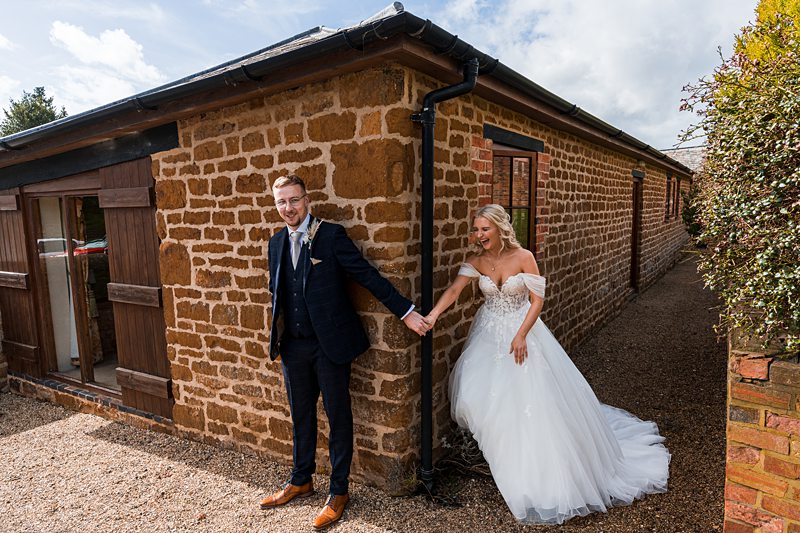
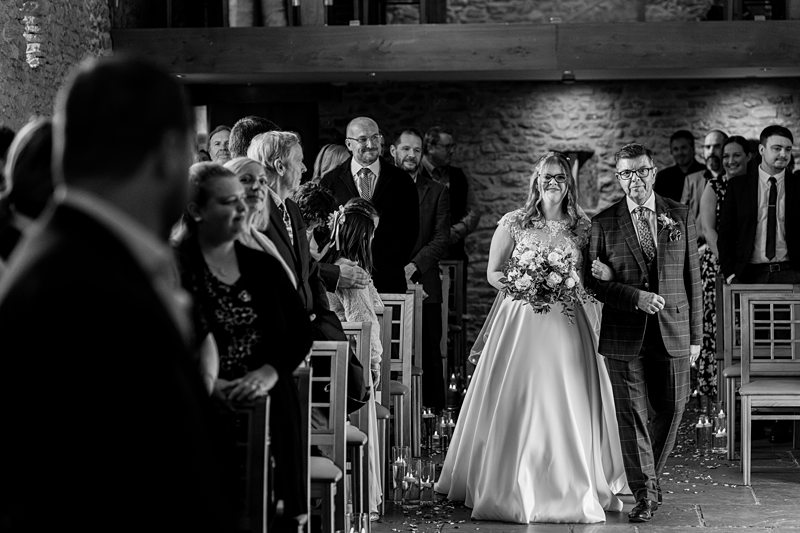
FAQ
What factors should I consider when choosing a wedding venue?
When choosing a wedding venue, you should consider factors such as your wedding vision and style, setting a budget, determining the venue’s capacity, exploring different options, asking the right questions, considering practicalities and logistics, assessing amenities and services, and evaluating the venue’s layout and ambiance.
How can I determine my wedding vision and style?
Determining your wedding vision and style involves considering your desired wedding theme, style, and overall vision. This will help you narrow down your venue options to those that align with your vision and create the atmosphere you desire for your special day.
How do I set a budget for my wedding venue?
Setting a budget for your wedding venue involves determining your overall wedding budget and allocating a specific portion towards the venue. It is important to consider additional costs beyond the venue rental fee, such as catering, decorations, and any extras you may require.
What should I consider when it comes to the guest list and venue capacity?
You should assess your guest list and choose a venue that can comfortably accommodate the number of attendees. It is also important to consider the space needed for the ceremony and reception, as well as any additional areas you may require, such as a dance floor, bar, or separate areas for cocktail hour.
What are some tips for exploring different wedding venue options?
To explore different wedding venue options, you can start by researching online and creating a list of potential venues. It is also recommended to visit the venues in person to get a feel for the space and ask any specific questions you may have. Consider factors such as location, style, amenities, and reviews from previous couples to help you make an informed decision.
What questions should I ask when visiting potential wedding venues?
When visiting potential wedding venues, it is important to ask questions regarding availability, pricing, packages, catering options, outside vendor policies, setup and breakdown times, restrictions, and any additional services or amenities they provide. Asking these questions will help you gather all the necessary information to make an informed decision.
What practicalities and logistics should I consider when choosing a wedding venue?
When choosing a wedding venue, it is essential to consider factors such as the location’s accessibility for your guests, available parking or transportation options, and the venue’s availability on your desired wedding date. If you are planning a destination wedding, it is important to consider additional logistics such as accommodation for your guests.
How can I assess the amenities and services offered by a wedding venue?
To assess the amenities and services offered by a wedding venue, you can inquire about catering options, decor services, availability of a venue coordinator, and any extras they provide such as audiovisual equipment, lighting, or bridal suites. Understanding what the venue offers will help you determine if it meets your specific needs and saves you stress during the planning process.
Why is considering the venue layout and ambience important?
Considering the venue layout and ambiance is important because it sets the tone for your wedding day. Assessing the layout allows you to determine if it can accommodate your desired setup, such as seating arrangements, dance floor size, or specific areas for different aspects of the wedding. Evaluating the ambiance helps create the desired atmosphere and enhances the overall experience for you and your guests.

